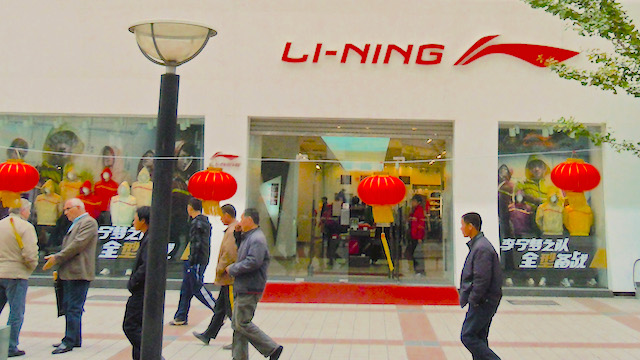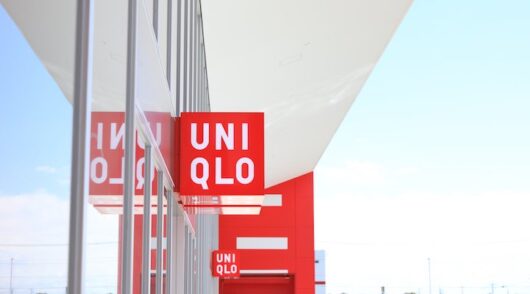As it faces e-commerce competition, Chinese sportswear maker Li Ning plans to have fewer stores – but they will be bigger.
The company says it will expand some of its 6300 stores across China and shut others, including 200 to 300 outlets selling its core Li Ning brand.
With plans to add 100 childrenswear stores, the overhaul will result in a net closure of 100 to 200 stores for the year. Li Ning has already closed 110 stores this year.
“We are putting more resources in remodelling existing stores rather than annual openings,” says CFO Terence Tsang Wah-fung. “We believe the cannibalisation from online business did have a negative impact on our offline sales.”
Founded in 1989 by Olympic gymnastics gold medalist Li Ning, the company has recorded losses in the three years to 2015, but net profit for its latest first half jumped 67 per cent year on year to RMB189.2 million (US$28.4 million), helped by improved inventory control and profit margins. Revenue rose 11 per cent to RMB3.9 billion, driven by e-commerce sales that contributed 19 per cent of total sales. As e-commerce revenue grew 58 per cent, same-store retail sales fell by a “low single-digit” percentage over the period.
“We are not shrinking physical retail, but e-commerce will help to drive efficiency so we won’t need as many stores,” says Tsang.
New shops in the cities of Xi’an in northwestern China and Dalian in the northeast have an average size of 400 to 500 sqm, whereas the typical store size was previously 80 to 200 sqm.
Chairman Li Ning says the company has diversified into new businesses, including the launch of Li-Ning Young for children, the female sports brand Danskin and a fast-fashion brand.
During the first half, Li-Ning Young opened 20 stores in 14 provinces, mostly in northern China. The unit plans to add 70 stores in the second half.
Danskin is scheduled to open three to five shops in the fourth quarter.






